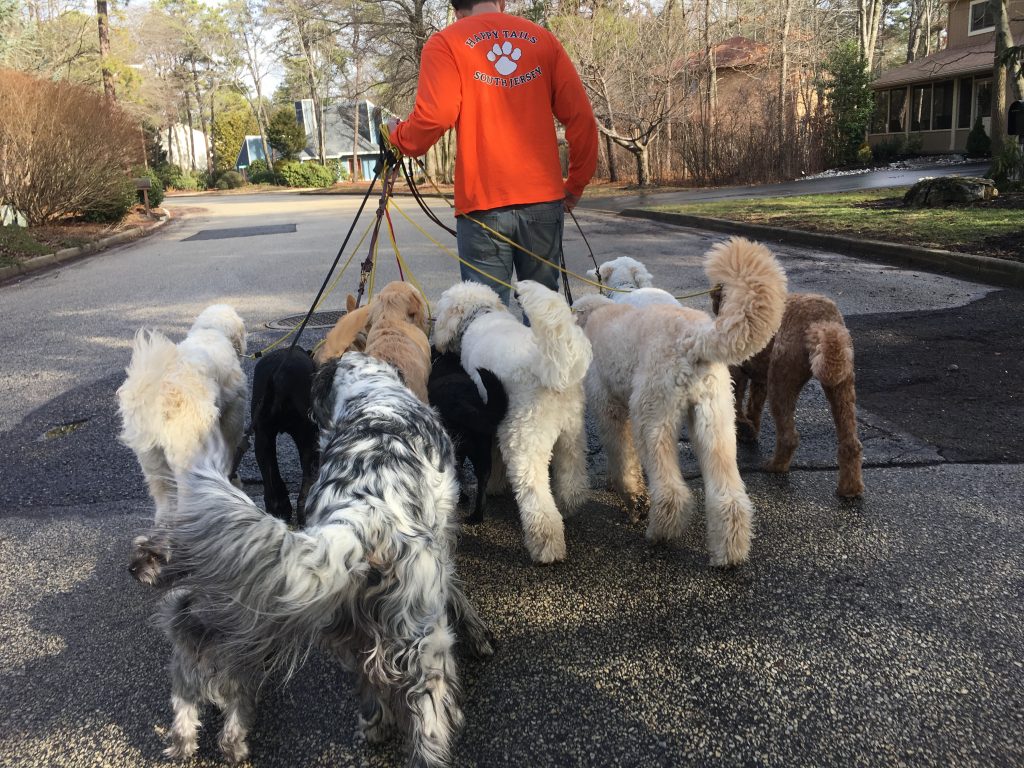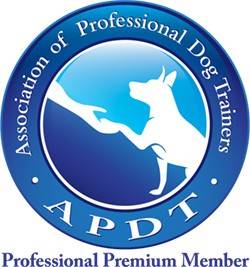The title “man’s best friend” bestowed upon dogs is well-deserved, thanks to their unwavering loyalty, deep affection, and their eagerness to bring joy to their owners. Yet, for successful training of your beloved furry companion, effective communication plays a pivotal role.
Understanding your dog’s body language is an essential skill that can make the training process not only more efficient but also more enjoyable for both you and your canine friend.
The Importance of Dog Body Language
Tail Wagging:
A wagging tail is a common sign of a happy and excited dog. However, the speed and direction of the wag can convey different emotions. A fast, high wag often indicates excitement, while a slow, low wag may suggest insecurity or submission.
Ears:
Ears positioned forward convey a sense of alertness and curiosity, while ears pressed flat against the head may signify apprehension or potential aggression. Pay attention to your dog’s ear position to gauge their emotional state.
Eye Contact:
Direct eye contact can be a sign of confidence or even challenge in dogs, while averted eyes may convey submission or discomfort. Positive training often involves using soft, friendly eye contact to build trust.
Understanding Stress Signals
It’s important to recognize signs of stress in your dog, as this can indicate when training sessions need to be adjusted to reduce anxiety and fear:
Yawning:
Frequent yawning, especially when it’s not related to tiredness, can be a sign of stress.
Lip Licking:
In situations of anxiety or discomfort, dogs frequently engage in lip licking. It’s essential to be vigilant for any heightened lip-licking behavior during training.
Whining or Panting:
These vocalizations can be a way for your dog to communicate discomfort or anxiety.
Applying Body Language Knowledge to Training
Now that you understand the basics of dog body language, let’s explore how you can use this knowledge to enhance your training efforts:
Positive Reinforcement:
Apply positive reinforcement methods, like using treats, words of praise, or toys, to acknowledge and reward your dog for displaying the behaviors you desire. Pair this with appropriate body language, like friendly eye contact and a relaxed posture.
Consistency:
Dogs flourish when they have a structured routine. Uphold a consistent training schedule and employ unvarying cues and body language to effectively convey your expectations.
Patience:
Remember that training takes time, and every dog is unique. Stay patient and adapt your training methods based on your dog’s responses and body language.
Looking for top-notch Dog Training in Marlton, NJ? Your search ends here! At Happy Tails of South Jersey, LLC, we specialize in transforming your furry friend into a well-behaved companion. Our experienced trainers are dedicated to bringing out the best in your dog. Contact today to begin your furry friend’s journey to obedience and happiness.







